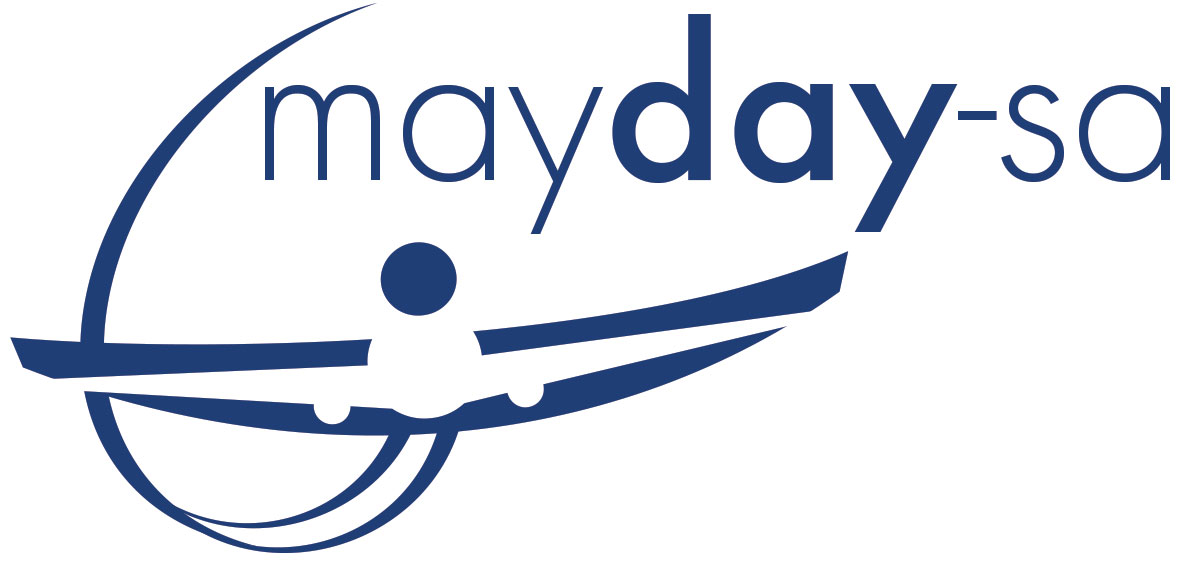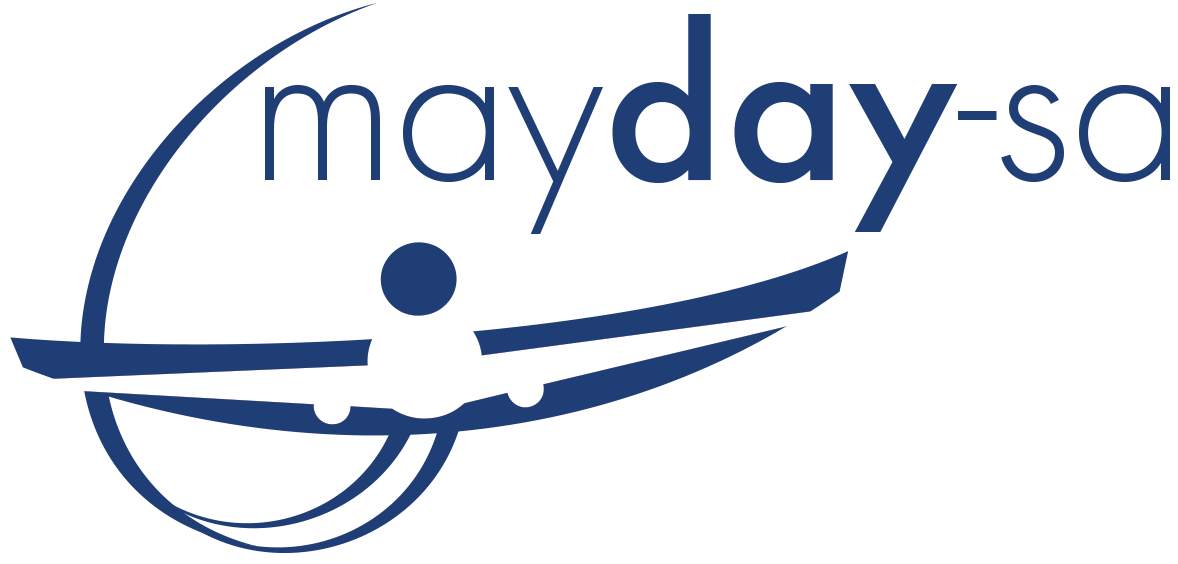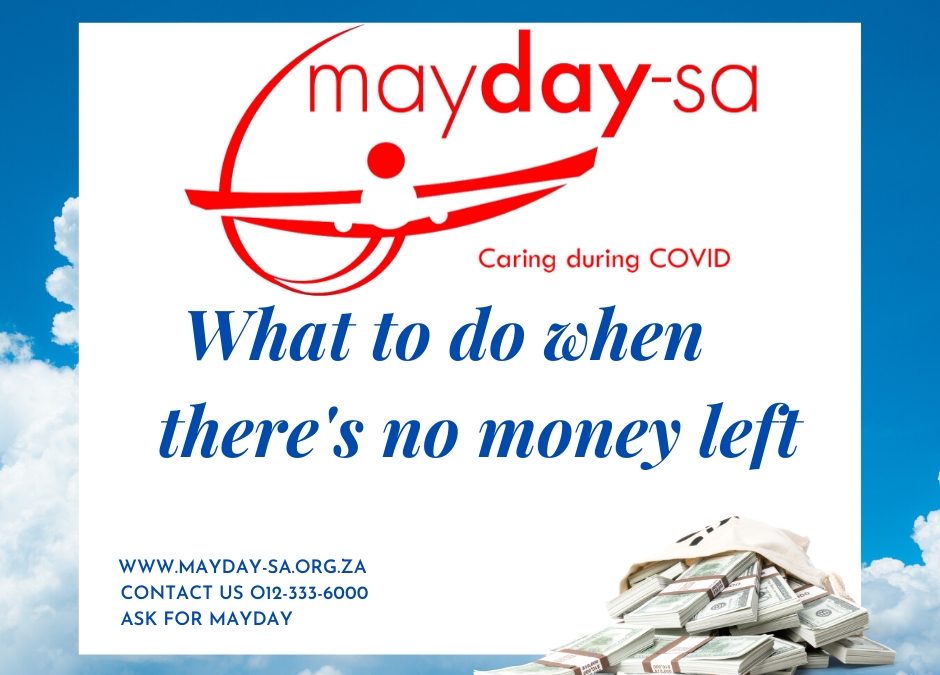Article reproduced with kind permission from
Health|Insite
Author: Bruce J. Little
18 May 2020
Having no money to your name places you amongst the stars.
According to an article by Matthew Michaels and Angélica Acevedo for Business Insider, “even the biggest celebrities have issues with money.” And the aforementioned (who at one point lost everything, raked up debts and went bankrupt) didn’t have a global recession and pandemic to blame it on. Having almost nothing is nothing to be ashamed of.
Attitude: What you shouldn’t do
Even those of us lucky enough to continue receiving an income may find ourselves financially strapped due to the status quo. COVID-19 has had a devastating ripple effect on the global economy and we wish we could do something about that. However, there are some things we shouldn’t be doing…
When it comes to COVID-19-related financial stress, we should try not to freak out or succumb to despair. “It’s not a time to panic, but it is a time to be pragmatic”, says Reggie Ferreira, Director of Tulane University’s Disaster Resilience Leadership Academy.
Avoid becoming complacent or allowing your pride to get in the way of doing what you must to survive, explains Ferreira in an article for Psychology Today. “It can be humbling but know that this season shall pass.”
Attitude: What you should do
Be compassionate towards yourself and realise that this situation is, in all likelihood, not your fault. You should also attempt to control the way you feel and think about this situation, according to entrepreneur and author R. L. Adams.
“Once you find yourself thinking negatively, you need to jar yourself out of that”, Adams writes for Entrepreneur. “When you’re looking to make money fast, you’re often in a tough spot financially, even desperate to make ends meet, but everything that we have and everything that we become is partly born from our thoughts”, he warns. “Think and you shall become. Curate and cultivate the right thoughts if you want to live an abundant life”.
Action: What you shouldn’t do
Nothing. This is not an option. Sitting around worrying and not doing anything to help the situation may make it worse. The last thing you want to do is increase your stress or sink into a debilitating depression. Writing for The Balance, credit expert, LaToya Irby suggests avoiding the following if you are “broke”:
- Don’t loan money that you will have to pay back with interest if you can help it.
- Don’t ignore your bills and financial responsibilities. Even if you cannot pay them, organising them and “facing the reality of your situation” can be the first step towards getting yourself out of it. “Ignorance is not bliss in this situation”.
- Don’t pretend you have more money than you do or lie to a partner or spouse about it. Keeping secrets about money may cause “more harm than good”, especially if it leads to separation or divorce.
Action: What you should do
First of all, if you’re feeling completely overwhelmed and are experiencing symptoms like hopelessness, depression, insomnia or suicidal thoughts you should reach out to a mental health professional as soon as possible. Here is a list of emergency numbers in South Africa:
Lifeline Counselling – 0861 322 322
SADAG Mental Health Line – 011 234 4837
Suicide Crisis Line – 0800 567 567
Business School Professor and The Money Principle founder, Maria Nedeva says: “[We should] deal with the worst and most basic fears first. Being worried all the time where the next meal is going to come from is exhausting and doesn’t leave space for tackling much else.”
UK-based crisis support website, Money for Life, suggests the following tips on coping with a severely cash-strapped situation:
- If you can, ask your family for help. If they are unable to, then reaching out to your friends or community may also be an option.
- Should you be gifted money or groceries, make a big pot of food (with inexpensive yet healthy ingredients like vegetables) that you can portion and freeze to ensure you have food for a while.
Writing from her own experience of having no money at a point in her life, Maria Nedeva suggests the following additional actions to improve things:
- Secure your home – If you cannot pay your bond or rent, contact the bank or your landlord to negotiate a possible arrangement.
- Stop non-priority debt repayments, temporarily. (Nedeva describes these as any debts that “won’t get you in prison if you stop paying”.
- Learn about and take advantage of emergency relief and financial support schemes.
- Sell whatever you don’t need to get money in hand.
- Consider your skills and see how you may be able to leverage them to make money.
Remember, nobody can help you if they don’t know that you need assistance. Ask questions, seek solutions and try to be the person at the helm of whatever it is that helps you fix your finances.
For more information like this, go to https://www.healthlogix.health/
FOLLOW US ON FACEBOOK AND LOOK OUT FOR OUR NEXT ARTICLE ON MONDAY 20 JULY


